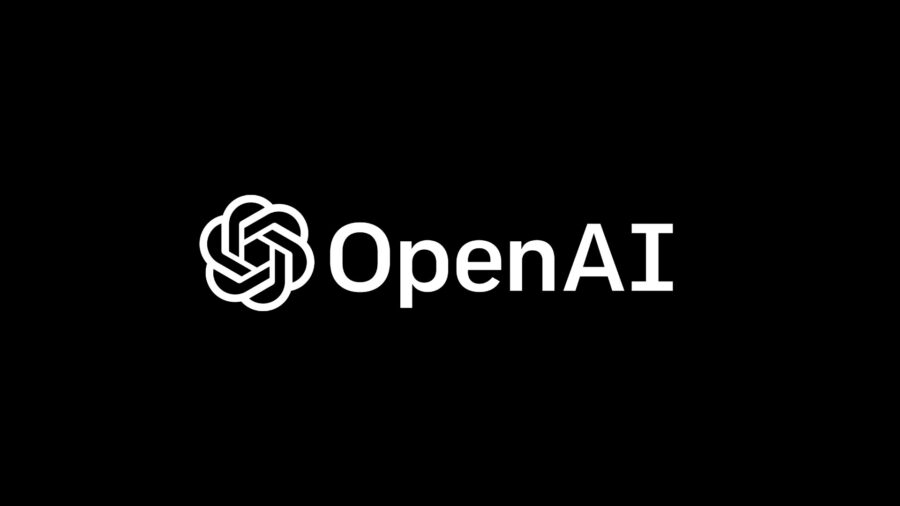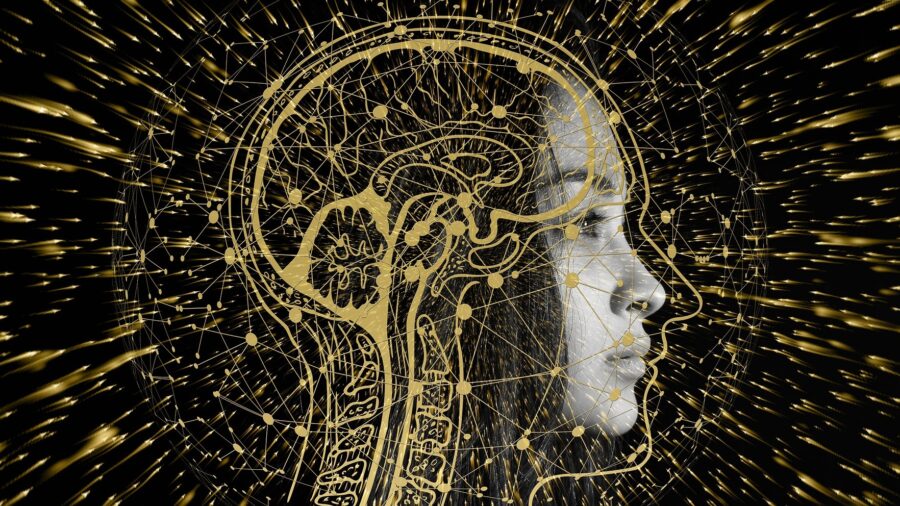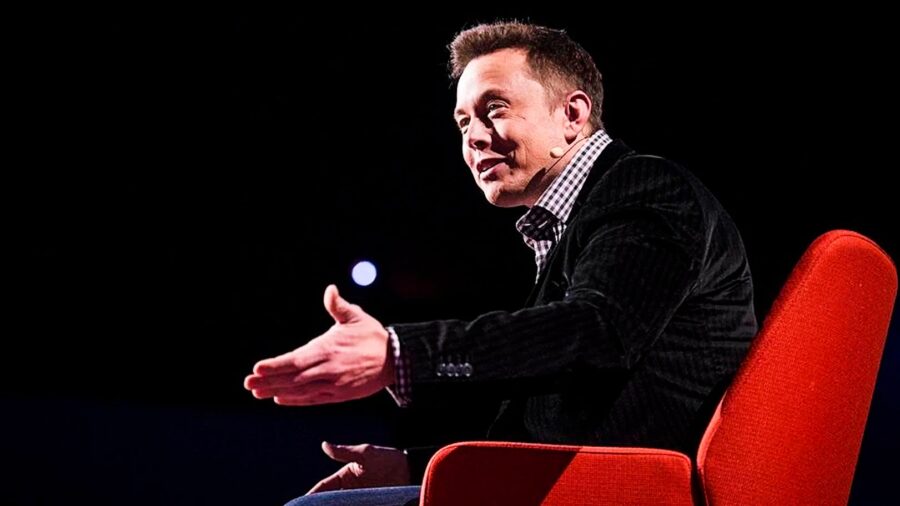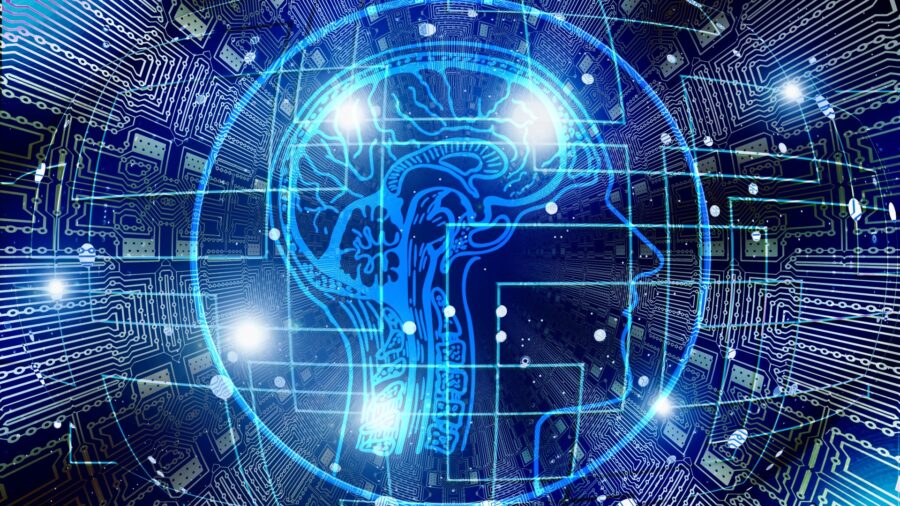True AI Breakthrough Finally Achieved? Terrifying News Out Of Silicon Valley

Generative AI in its current state is known to have a number of limitations. The primary reason that AI is limited is because it is not capable of original or abstract thought, but rather relies on information that’s already out there to generate content based on the prompts that are input.
But a recent column published in Forbes tells us that we may be one step closer to Artificial General Intelligence (AGI), or “true AI,” than we think.
A True Breakthrough?

In the lengthy composition written by AI expert Dr. Lance B. Eliot, he maintains that there have been talks about OpenAI potentially reaching this breakthrough with their Q* (Q-star) project.
But they may still be far off from fully realizing the true AI technology that developers are trying to attain.
If the breakthrough is more than just optimistic tech-talk, we could very well be on our way to experiencing true AI that could potentially surpass human intelligence in a wide range of fields.
The Ethics Involved

Ethically speaking, the potential advent of true AI could pose some problems. One point of contention that will be at the forefront of our conversations is whether companies like OpenAI should share their supposed true AI breakthrough with the public at large, or if they have the right to keep it to themselves.
But releasing true AI into the wild could have adverse effects on society as well, because if it falls into the wrong hands there’s no knowing how the technology could be used by corrupt companies or individuals.
Q Is True AI?

Current iterations of AI technology utilize large language models (LLM), which use computational pattern matching to generate its output.
In other words, generative AI is limited in the sense that it cannot think for itself.
If OpenAI is actually working toward a true AI breakthrough with Q*, then these limitations will not only be overcame, but AI can, in theory, become sentient, and more intelligent than its human counterparts.
The Unlimited Potential

As it currently stands, and to the best of our knowledge, Q* is still quite limited as a means to reach true AI, but the potential is there.
Using Q-learning, which is a learning algorithm that relies on reinforcement learning (trial-and-error methods), in tandem with an advanced efficiency improving algorithm known as A* (A-star), it’s been reported that Q* can now solve grade-school level math problems.
In simple terms, true AI will be able to think logically, learn from its mistakes, and improve its processes without human input.
Other AI Out There

It’s worth noting, however, that we are a long way out from achieving true AI. Claims about achieving true AI, or truly sentient computers have been made in the past by Google engineers.
Elon Musk has even stated that his own Grok chatbot in its current iteration could outperform Q* in the sense that it can solve math problems, as well as solve fundamental philosophical questions.
Are We Ready?

The real question that we need to ask ourselves is if we’re ready for true AI. Generative AI has posed a number of ethical questions that we’re still trying to get a hold of.
In fact, the recently resolved SAG-AFTRA strike demonstrated that AI’s ability to undermine the workforce is a harsh reality that we’re going to have to come to terms with.
If true AI rolls out, and proves to be more intelligent than humans on many fronts, it’s hard to say whether we should embrace the new technology. Sophisticated tool? Sure. But let’s be wary of its potential to out-learn us and replace human thought with something that’s generated by a computer.












